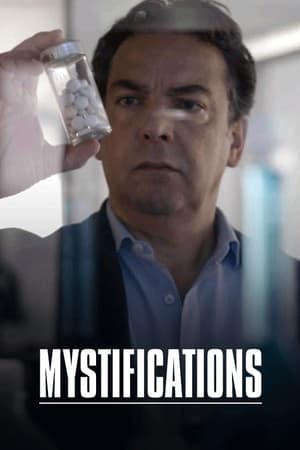
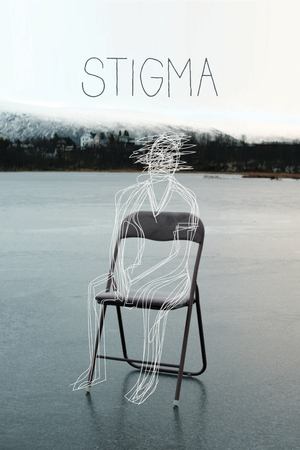
Stigma(2022)
A documentary about regular norwegian drug users and their untold stories of discrimination.
A journey around Norway to seek out regular drug users of the country and tell their untold stories about drug use and discrimination.
Movie: Stigma
Top 1 Billed Cast
Marius Nordeng Mellem

Stigma
HomePage
Overview
A journey around Norway to seek out regular drug users of the country and tell their untold stories about drug use and discrimination.
Release Date
2022-06-03
Average
0
Rating:
0.0 startsTagline
A documentary about regular norwegian drug users and their untold stories of discrimination.
Genres
Languages:
NorskKeywords
Similar Movies
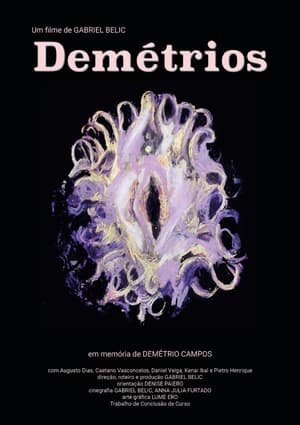 10.0
10.0Demétrios(en)
Performative and expository documentary, which highlights the contrast of experience among transgender men in Brazil. The short film brings five characters - Kenai, Caetano, Augusto, Pietro and Daniel -, each one reflecting a different reality.
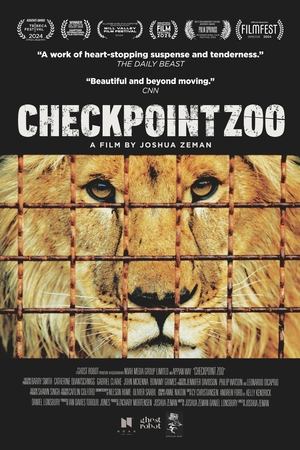 0.0
0.0Checkpoint Zoo(en)
Checkpoint Zoo documents a daring rescue led by a heroic team of zookeepers and volunteers, who risked their lives to save thousands of animals trapped in a zoo behind enemy lines in the Russian Invasion of Ukraine.
Black Mold Exposure(en)
Black Mold Exposure explores the bizarre illnesses associated with exposure to toxic mold and the film participants' difficult task of regaining their health and lives in an atmosphere of political and social intolerance and disbelief. Black Mold Exposure is a first-ever look into the lives of those claiming to be ill from mold and the controversial and volatile climate surrounding it.
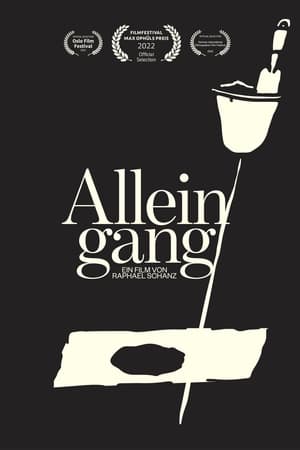 0.0
0.0Going Alone(de)
Every year, five to ten percent of all deceased Berliners are buried by the authorities because no relatives are found. Most of them are put into the ground by mortician Bernd Simon going alone. But sometimes companions do turn up and say goodbye in their very own way. An observational documentary about an undertaker who actually wanted to become an entertainer, a bizarre city portrait and a mirror of how we deal with death, mourning and commemoration.
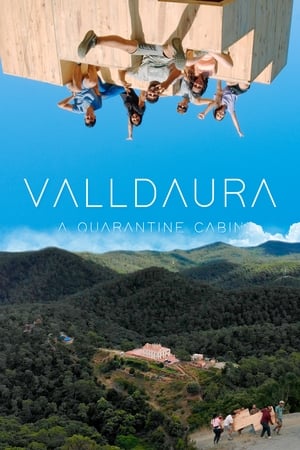 6.0
6.0Valldaura: A Quarantine Cabin(es)
A group of young architects, confined to a forest in Barcelona during the COVID crisis, explore the problems generated by the ambition of wanting to be completely self-sufficient.
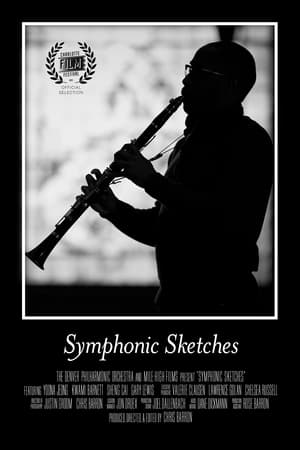 0.0
0.0Symphonic Sketches(en)
“Symphonic Sketches” tells the story of one classical music concert performed by the Denver Philharmonic Orchestra. Musicians from diverse racial backgrounds connect to the repertoire in unique ways and stage an unforgettable performance.
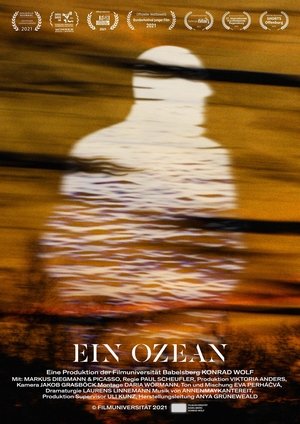 0.0
0.0AN OCEAN(de)
The trembling starts in his neck when Markus gets closer to the images that have chased him for 49 years. Now he steers his motor home south, as far away from his past as possible.
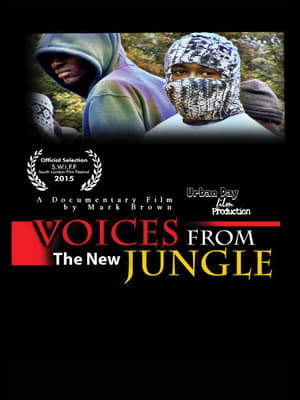 10.0
10.0Voices From The New Jungle(en)
Documentary Film maker, Mark Brown, attempts to discover the damaging effect the over-spilling immigrant population has on the coastal city of Calais, France.
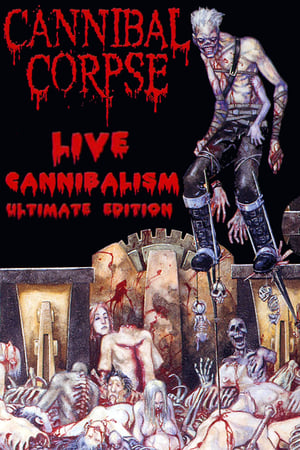 5.9
5.9Cannibal Corpse: Live Cannibalism(en)
Live show filmed during the Death Metal Massacre tour on February 16, 2000 at the Rave in Milwaukee, WI. One of the most extreme heavy metal bands ever, Cannibal Corpse acknowledge no boundaries of speed, power, or "good taste" in this full-on concert video. Cannibal Corpse: Live Cannibalism features interviews with the members of the band and their loyal fans in between numbers, in which they tear through a range of classic tunes.
War on Drugs: The Prison Industrial Complex(en)
The war on drugs has been going on for more than three decades. Today, nearly 500,000 Americans are imprisoned on drug charges. In 1980 the number was 50,000. Last year $40 billion in taxpayer dollars were spent in fighting the war on drugs. As a result of the incarceration obsession, the United States operates the largest prison system on the planet. Today, 89 percent of police departments have paramilitary units, and 46 percent have been trained by active duty armed forces. The most common use of paramilitary units is serving drug-related search warrants, which usually involve no-knock entries into private homes.
 0.0
0.0The Shrovetide Devil(pt)
Lazarim’s shrovetide is one of the most genuine and ancient carnival celebrations in Portugal. O Diabo do Entrudo explores the fascinating caretos and their elaborate costumes, enabling not only an overview of the carnival celebrations, but also a reflexion on gender dynamics and on the continuation of ancient customs handed down between generations in an ancient Portuguese village. One highlights the way in which rituals and traditions remain alive and are passed on from generation to generation, providing an intimate and rich perspective on the social and cultural changes over time.
 7.4
7.4Re-Births(fr)
A documentary film depicting five intimate portraits of migrants who fled their country of origin to seek refuge in France and find a space of freedom where they can fully experience their sexuality and their sexual identity: Giovanna, woman transgender of Colombian origin, Roman, Russian transgender man, Cate, Ugandan lesbian mother, Yi Chen, young Chinese gay man…
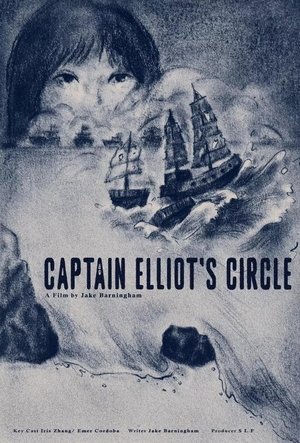 10.0
10.0Captain Elliot's Circle(en)
Equal parts documentary, essay, and narrative,"Captain Elliot's Circle" is mostly a poetic interaction with an obscure corner of Chinese and British history. Constructed using primary source documents about the taking of Zhoushan, Britain's first choice for a seaport, in the late 1830s,this movie uses Captain Charles Elliot's reluctance to brutalize the Chinese to reflect on the cyclical nature of history and the power structures that move it. The long takes used throughout function to illustrate the dramatically different ways in which people who lived in the mid-19th century perceived time. Additionally, it represents the psychological effect of living on an island regardless of what era you were born in.The last third of the movie focuses on a young woman whose strange day job has taken her far away from the island of Zhoushan generations after Captain Charles Elliot was last there. "Captain Elliot's Circle" was shot on location in Zhoushan and Hangzhou.
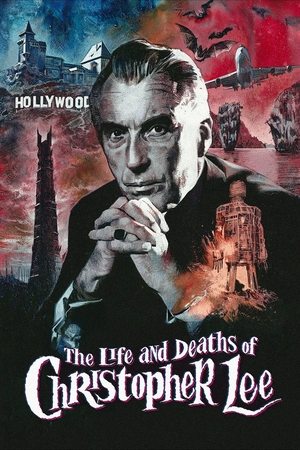 7.6
7.6The Life and Deaths of Christopher Lee(en)
Aristocratic Italian roots, a close family connection to James Bond novelist Ian Fleming, wartime experiences in the British and Finnish military, post-war Nazi-hunting adventures and a side career as a heavy metal rock singer. And one of the most iconic actors of all time.
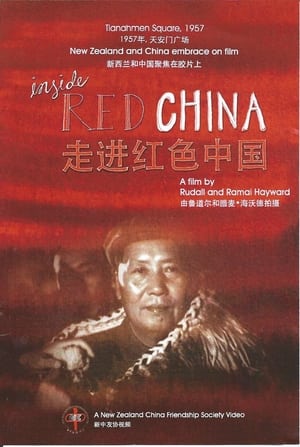 8.0
8.0Inside Red China(en)
October 1st, 1957. Dusk descends on Tiananmen Square, Peking. Fireworks crackle light across the night sky, above a city alive with National Day festivities and celebrations. Two intrepid New Zealand film-makers - Rudall and Ramai Te Miha Hayward - are there, documenting the life and times of communist China. The distinction of being the first English speaking foreigners to film unfettered in communist China was significant. The invitation to visit China was facilitated through the New Zealand China Friendship Society. They filmed in Canton, Shanghai, Peking (Beijing) and Wuhan. It was a small window of opportunity for Westerners to gaze on a country that was largely a mystery to the outside world since 1949. The unfortunate irony was that two of the documentaries; “Wonders of China”, and “Inside Red China”, were considered to be communist propaganda, and were not distributed outside of New Zealand.
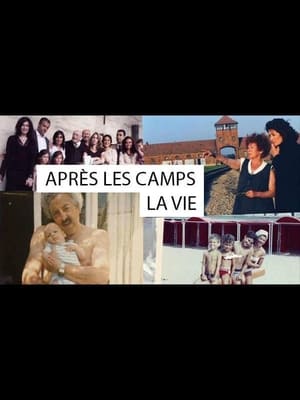 0.0
0.0After the camps, being alive...(fr)
For the first time, survivors talk about life after the camps. How does one return to a life that was interrupted with such violence? How does one reconstruct oneself when all or most of one’s family were butchered? How does one resume studies and earn a living in a society that had cast you out a few years earlier?
 6.8
6.8Sociology Is a Martial Art(fr)
"I often say sociology is a martial art, a means of self-defence. Basically, you use it to defend yourself, without having the right to use it for unfair attacks." (Pierre Bourdieu) The world has witnesses who speak out loud what others keep to themselves. They are neither gurus, nor masters, but those who consider that the city and the world can be thought out. The sociologist, Pierre Bourdieu is one such witness." Over a three- year period, Pierre Carles' camera followed him through different situations: a short conversation with Günter Grass, a lively conference with the inhabitants of a working-class suburb, his relations with his students and colleagues and his plea that sociology be part of the life of the city. His thinking has a sort of familiarity, which means it is always within our reach. It is the thinking of a French intellectual who has chosen to think his times.
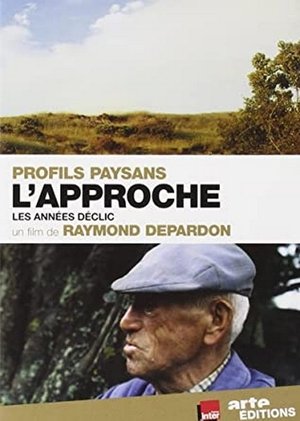 7.5
7.5Profils paysans : l'approche(fr)
The first of a documentary serie about rural France.
